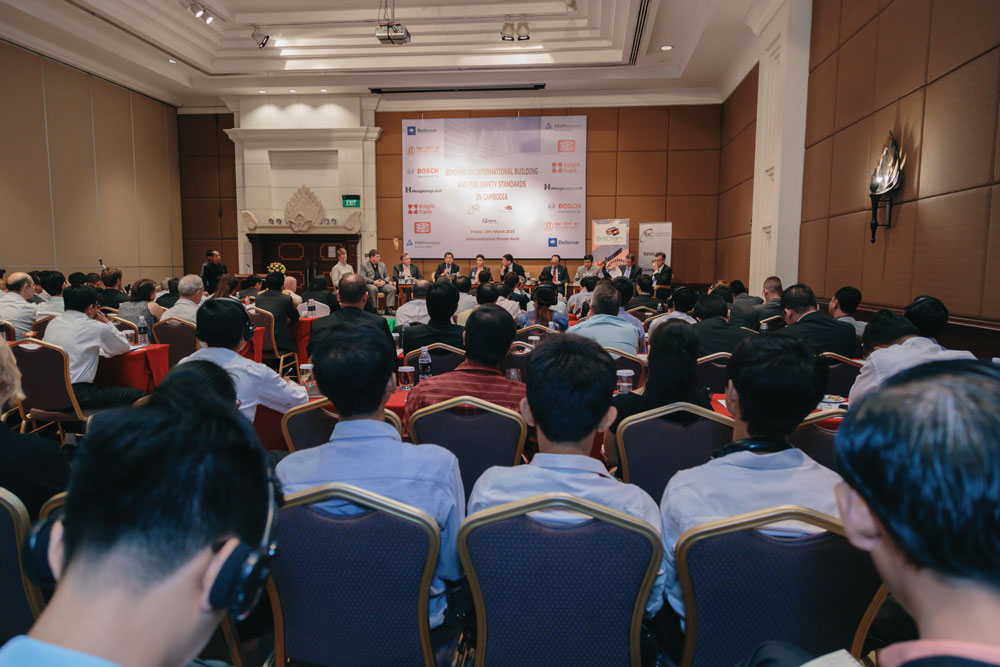Thailand Announces New Bridge Project to Strengthen Ties with Cambodia
In a significant move to enhance cross-border connectivity, the Thai government has unveiled plans for a new bridge that will permanently link Chanthaburi province in Thailand with Pailin province in Cambodia. The project, set to cost approximately 15 million baht, aims to boost trade and tourism between the two nations. As reported by the Bangkok […]
Arabic Firm DP World Explores Investment Opportunities in Cambodia’s Transport and Industrial Sectors
DP World, a global leader in logistics and transport based in the UAE, has expressed strong interest in investing in Cambodia’s transport infrastructure and industrial park development, marking a pivotal step for the Kingdom’s economic future. The announcement came during a meeting between PM Hun Manet and His Excellency Sultan Ahmed Bin Sulayem, Chairman of […]
Cambodia Reaches 83% Completion in Tonle Sap Lake Boundary Marker Installation
Cambodia has achieved a remarkable milestone in its boundary marker installation initiative around Tonle Sap Lake, completing over 83% of the planned 1,069 markers in just 242 days. The project, spearheaded by the Tonle Sap Authority, spans six provinces and highlights significant progress in delineating protected areas for sustainable management. This achievement was reported during […]
Serei Sophon’s 11-Hectare Landfill Project Completed, Ready to Benefit Over 12K Residents
A new 11-hectare landfill in Serei Sophon, Banteay Meanchey Province, has been completed, marking a significant advancement in waste management for the province. Scheduled for a handover inspection on 20 November 2024, the project is a cornerstone of the second phase of the Tonle Sap Lake environmental management improvement initiative, supported by the Asian Development […]
Twenty-Six Japanese Firms Explore Agriculture and Vocational Training Investments in Cambodia
In a promising boost to Cambodia’s agricultural sector, 26 Japanese companies have expressed interest in investing in agriculture, food processing, and aquaculture, as revealed during a meeting between PM Samdech Hun Manet and H.E. Takahashi Fumiaki, President of the Japan-Cambodia Association, on 19 November 2024. This announcement underscores Japan’s commitment to expanding its economic footprint […]
Cambodia Achieves Record Cashew Production of 840K Tons in 2024
Cambodia’s cashew industry has witnessed remarkable growth, with 840,000 tons of cashew nuts produced in the first ten months of 2024, marking a 26% increase compared to the same period last year. This significant milestone, announced by Mr. Uon Siloth, President of the Cambodian Cashew Association, reflects the sector’s growing importance in the nation’s agricultural […]



 ខ្មែរ
ខ្មែរ







